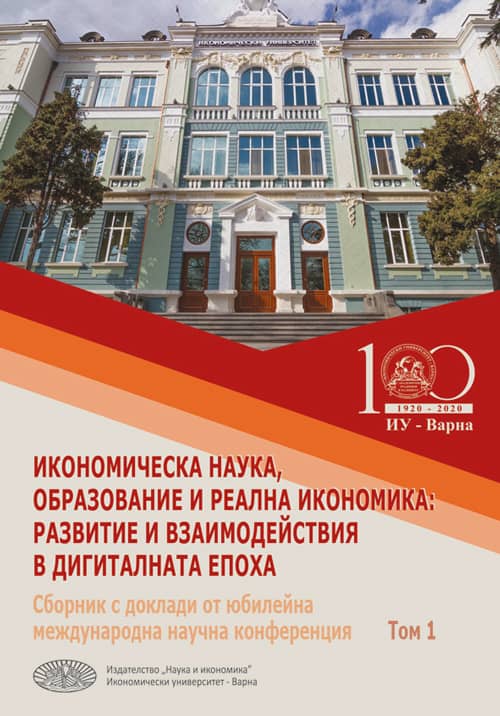ELDER USERS’ EXPERIENCE EVALUATION OF BULGARIAN AND RUSSIAN E-GOVERNMENT WEBSITES
ELDER USERS’ EXPERIENCE EVALUATION OF BULGARIAN AND RUSSIAN E-GOVERNMENT WEBSITES
Author(s): Radka Valerieva Nacheva, Maxim Bakaev
Subject(s): Economy, Business Economy / Management, ICT Information and Communications Technologies
Published by: Икономически университет - Варна
Keywords: user experience; web accessibility; e-government services; social responsibility; elderly people
Summary/Abstract: In emergency situations, such as the COVID-19 crisis of 2020, we all recognize the benefits of workflow flexibility and the ability to remotely access services from the public and private sectors. A large percentage of the world's population is placed in a situation of inability to physically access public institutions, in complete lockdown of the state. In such crises, issues related to access to online services for people with disabilities, including web accessibility, are often brought to the fore. On the other hand, the process of digitizing the day-to-day activities of the public and private sectors also influences the provision of quality accessible online services. The aim of current paper is to examine and identify design factors that affect user experience (UX) with several representative e-government websites in the Republic of Bulgaria and the Russian Federation. To achieve this, the authors use 8 quantitative metrics provided by web user interfaces (WUI) visual analysis service. The UX evaluations for 10 Bulgarian and Russian e-government websites were provided by 30 users of different age groups, according to the System Usability Scale (SUS) Plus. We found that UX for the elder users (age 60+) is influenced by more factors than for the younger ones, but the renowned Whitespace metric was universally important for the users of both age groups. The absolute UX ratings obtained in our study were higher for the younger users, which supports the need for further research of usability and accessibility needs of the elderly.
- Page Range: 241-256
- Page Count: 16
- Publication Year: 2020
- Language: English
- Content File-PDF

